
Searching for Soul
Jimmy Barnes teams up with veteran producer Kevin Shirley in the hope of creating a world-class soul album. Not too hard when you’ve got Elvis’ band in the studio.
With a discography chock full of names like Iron Maiden, Led Zeppelin, Dream Theater, Aerosmith, Cold Chisel and Journey, Kevin ‘Caveman’ Shirley wasn’t expecting a soul record to be next on the job list.
When Aussie rocker, Jimmy Barnes first asked Shirley if he wanted to make a soul record with him, Kevin replied, “Ummm… yeah?! But if we’re doing this, we’re gonna do it right.” Shirley went on to immerse himself in soul music over the next several months — something he reckons has changed not just his playlist, but his life. “I wanted to really understand it,” he said. “To get in the heads of the people who wrote these songs, this music.”
Having worked with some of the most memorable rock bands of the ’90s, there’s still a humble and infectious passion in Shirley for music — however it comes, whatever it sounds like — and he’ll take authenticity and quality over any particular genre. It was with this mindset that he approached Jimmy Barnes’ album Soul Searchin’. For the most part, the album was tracked live because Shirley is a big believer in the magic that happens when good songs combine with good musicians — two things that weren’t lacking with this record.
“Jimmy was so awesome singing. He puts 110% into every vocal, every time. He’d come out of the vocal booth drenched in sweat and it’s like, ‘You’ve sung it twice! That’s not a real job.’ But he’s without the shadow of a doubt, the most devoted, passionate professional I’ve ever met in my life. He blows me away, I think he’s such a superstar. And scarily, a nice guy too.”
“The dog in this picture represents the old His Master’s Voice (HMV) gramophone company, and it’s in the corner of RCA Studios A in Nashville which is a legendary old studio that Chet Atkins used to own. It’s a wonderful studio and we just recorded Jimmy’s new Soul Searchin’ record there. It’s one of those studios that’s not pretentious, not precocious, not precious, none of those Ps. This studio you can have people walking around you, someone doing a vocal, someone tuning over there, and there’s this really cool, relaxed environment. I think it comes through in the music when you’re not working in a sterile environment.”


“This is Elvis Presley’s original band called the Memphis Boys. We cut four tracks with the Memphis Boys and they were amazing. They’re all in their seventies or eighties and play live. We have a little bit of instruction beforehand — you know, here’s what we’re doing, this is what we’re looking for — and that’s it. These guys are so good you had to make sure you get the take before they know the song so well they kinda get bored with it. They still have to be looking a little bit themselves.”
Kevin recalled semi-sarcastically requesting “an iconic guitar riff at the start of this bit” from Memphis Boys’ guitarist Reggie Young, who promptly answered with a guitar riff that delivered the goods.
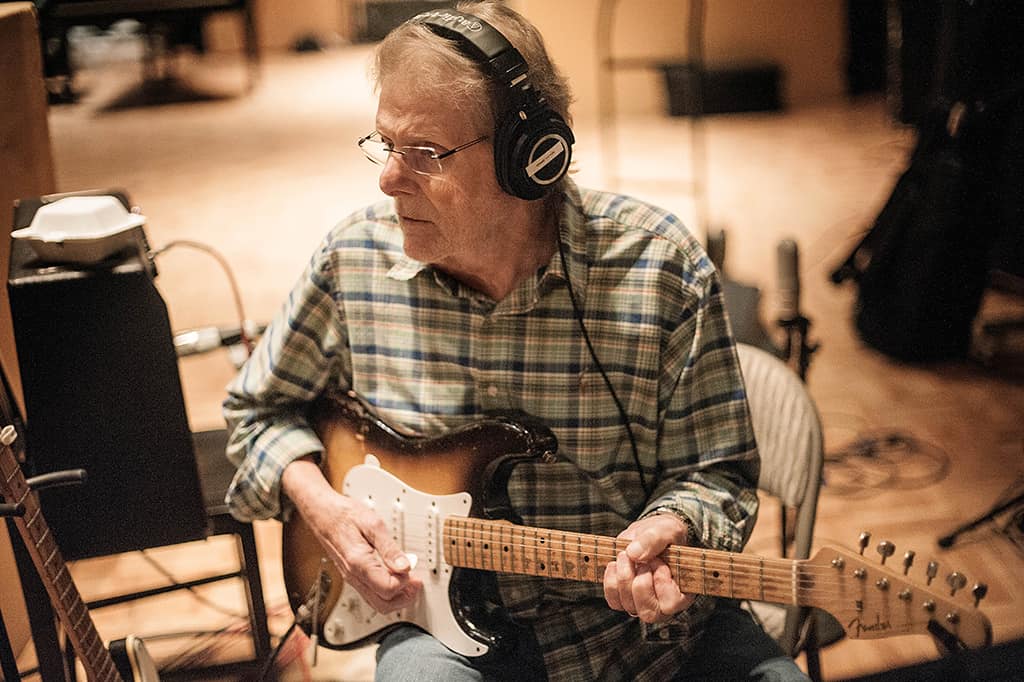
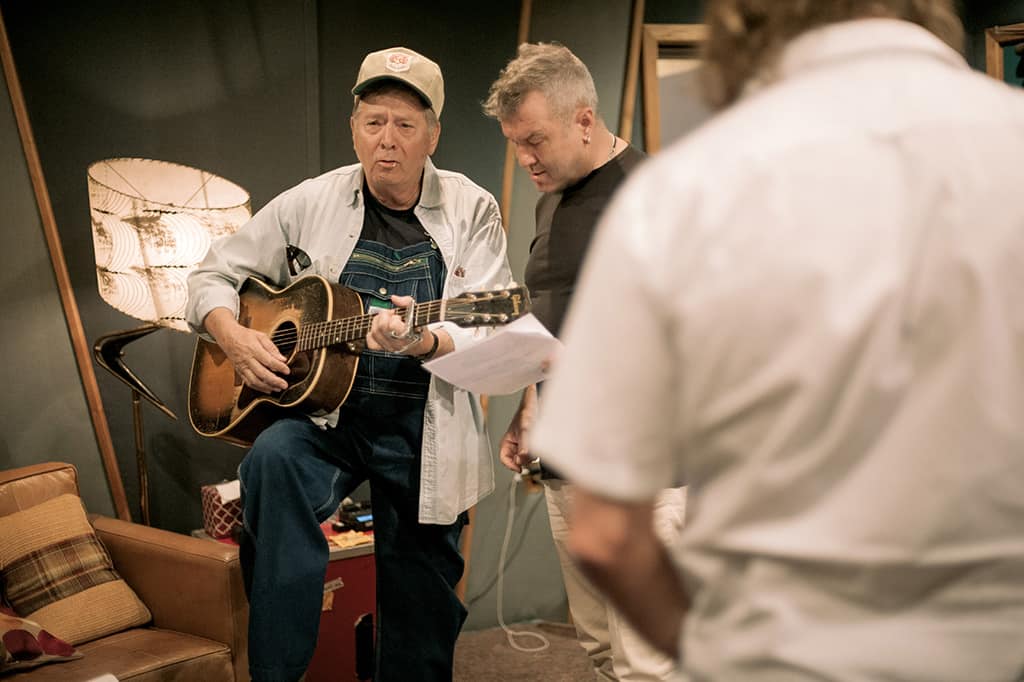
“This is an old classic songwriter. Michael Rhodes, my favourite bass player who played bass on the album, came and said to me, “You know, Dan Penn is my neighbour.” I’m like, “I don’t know Dan Penn.” Anyway Dan came into the studio that day, he’s a big guy with overalls, truck hat and a toothpick in his mouth. We cut Dark End Of The Street, and he says, ‘Hey, I wrote that song.’ Then I said, “Ok guys, let’s cut another song, let’s do Rainbow Road.” Dan’s sitting in the corner and he says, ‘I wrote that song too.’ We were all like, what? Anyway we have a bite to eat, then there was a song I had found called Mercy Mercy. I played it to them and Dan says, ‘I wrote that song too.’ My hairs all stood on end. So we cut three Dan Penn songs and he was there for it all.”
“That’s Reggie Young’s Stratocaster, and he got B. B. King to sign it. That’s his main Strat so it’s kind of notorious and famous for that signature. His guitar sounds unbelievably amazing.”

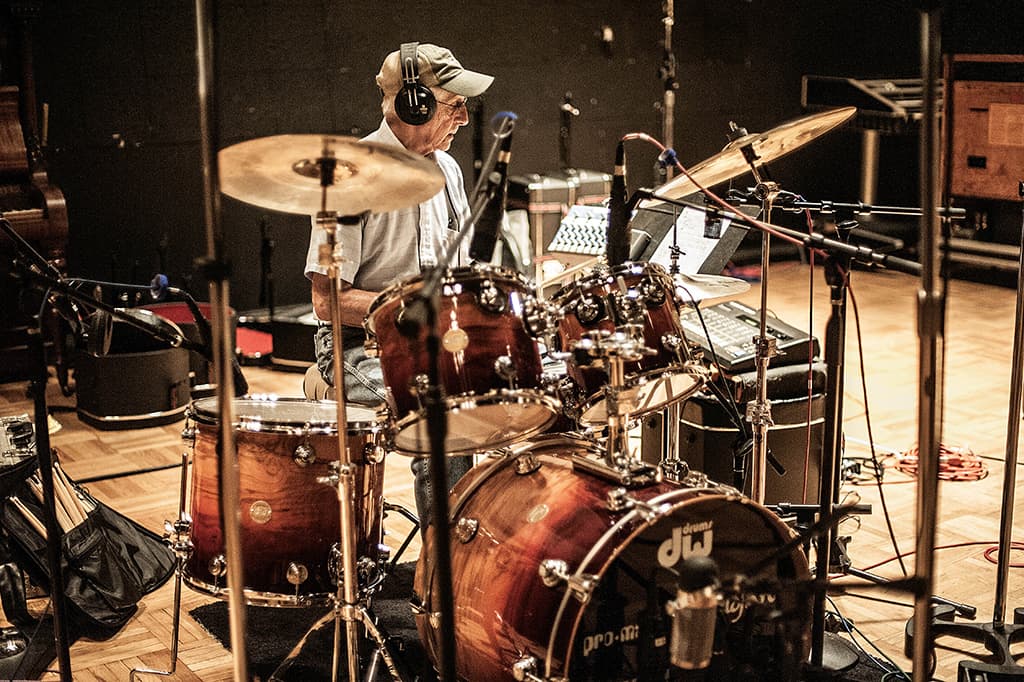
“That’s Gene Chrisman, Elvis’s original drummer. He’s become like a modern drummer now so he wants to cut everything with a click track, while of course they didn’t back then. So we cut Suspicious Minds, because who doesn’t want to cut Suspicious Minds with the band that originally played the song.
“It comes to the middle section where it breaks down, and Gene’s worked out if he keeps the tempo the same but plays it halftime it kinda has that feel — but it didn’t feel quite right. Then Bobby yells out, ‘We never did that half time, we just followed Elvis down.’ You’re sitting there listening to these guys talking like Elvis was the other artist. It was fantastic.”


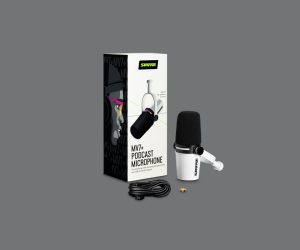










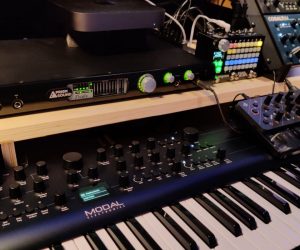


RESPONSES